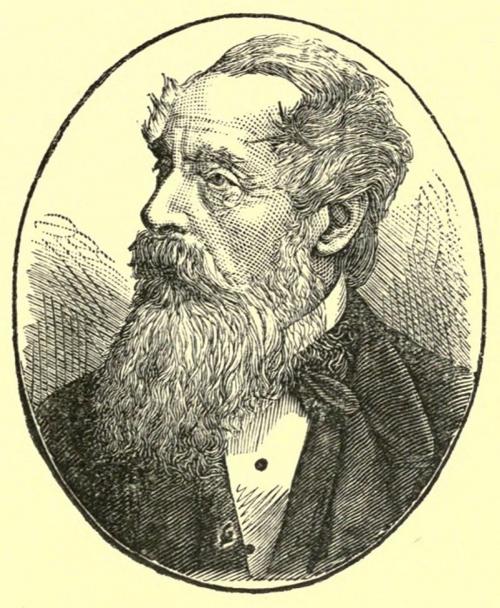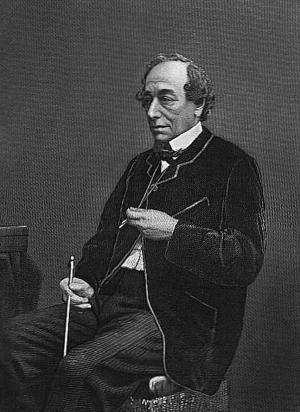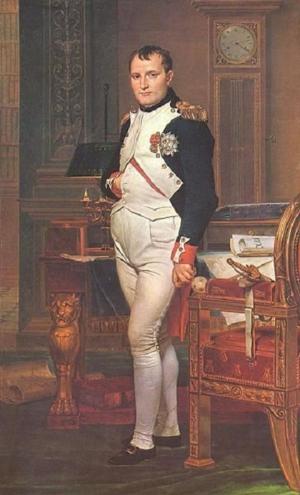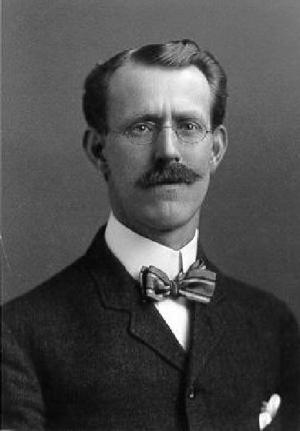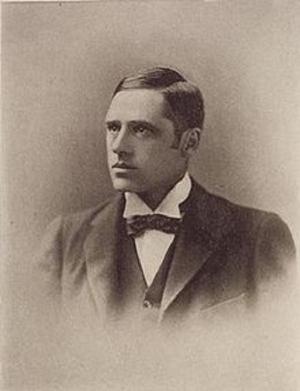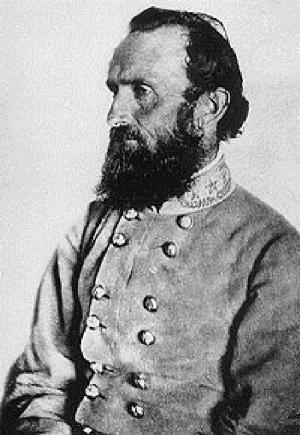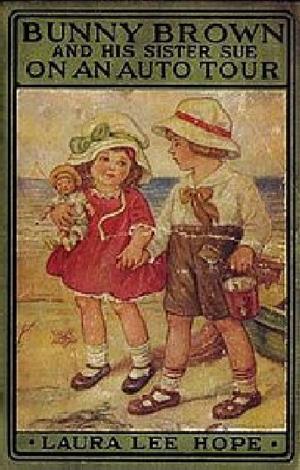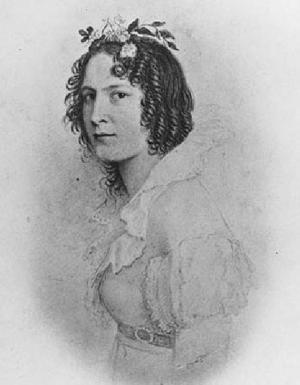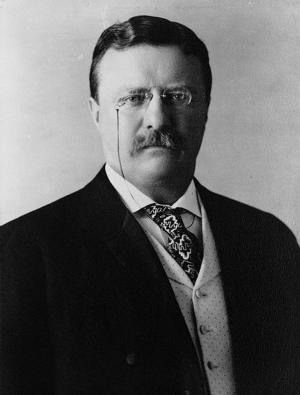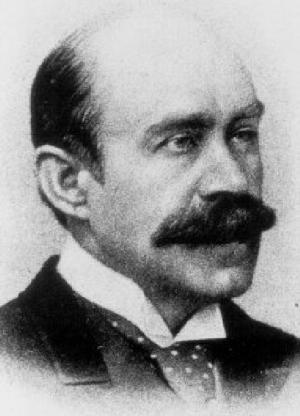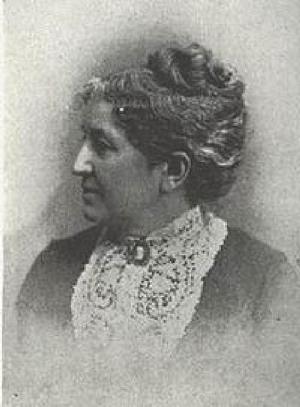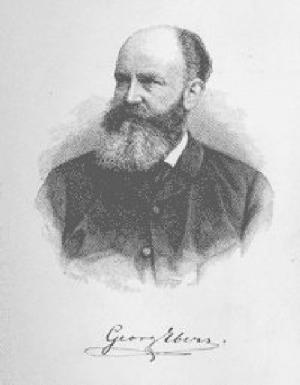Captain Mugford, or Our Salt and Fresh Water Tutors
Fiction & Literature, Classics, Kids, Teen, General Fiction, Fiction| Author: | Kingston, W.H.G. | ISBN: | 9781455394043 |
| Publisher: | B&R Samizdat Express | Publication: | June 10, 2015 |
| Imprint: | Quench Editions | Language: | English |
| Author: | Kingston, W.H.G. |
| ISBN: | 9781455394043 |
| Publisher: | B&R Samizdat Express |
| Publication: | June 10, 2015 |
| Imprint: | Quench Editions |
| Language: | English |
This is not a long book, but it is an absolutely delightful one. The Tregellins had owned a large old house on a headland in Cornwall. They had not lived there for some time, and had left it in the care of Clump and his wife Juno, West Indians, while the family lived in Bristol. Tregellin senior decides that he will install some of his young relatives there, in the care of the Clumps and two tutors, one of which, Mr Clare, has to deal with their academic needs, and the other, Captain Mugford, is to teach them watermanship. The date is early in the nineteenth century. There is also a brave and virtuous dog, Ugly. The boys' sailing, swimming and rowing improve, and they rise to various challenges. Eventually they all set off for a longer sailing and fishing expedition. But it all goes pear-shaped, as the weather turns very nasty, and they are marooned on a reef some way out to sea. Clare is not on this expedition, but they need a way to alert him to where they are. It is Ugly that saves the day. They had been using an old wrecked brig, high ashore in the bay, as a classroom, but unknown to them some smugglers have been using it as a base as well. Open war breaks out, and things get nasty. According to Wikipedia: "William Henry Giles Kingston (28 February 1814 - 5 August 1880), writer of tales for boys, was born in London, but spent much of his youth in Oporto, where his father was a merchant. His first book, The Circassian Chief, appeared in 1844. His first book for boys, Peter the Whaler, was published in 1851, and had such success that he retired from business and devoted himself entirely to the production of this kind of literature, in which his popularity was deservedly great; and during 30 years he wrote upwards of 130 tales, including The Three Midshipmen (1862), The Three Lieutenants (1874), The Three Commanders (1875), The Three Admirals (1877), Digby Heathcote, etc. He also conducted various papers, including The Colonist, and Colonial Magazine and East India Review. He was also interested in emigration, volunteering, and various philanthropic schemes. For services in negotiating a commercial treaty with Portugal he received a Portuguese knighthood, and for his literary labours a Government pension."
This is not a long book, but it is an absolutely delightful one. The Tregellins had owned a large old house on a headland in Cornwall. They had not lived there for some time, and had left it in the care of Clump and his wife Juno, West Indians, while the family lived in Bristol. Tregellin senior decides that he will install some of his young relatives there, in the care of the Clumps and two tutors, one of which, Mr Clare, has to deal with their academic needs, and the other, Captain Mugford, is to teach them watermanship. The date is early in the nineteenth century. There is also a brave and virtuous dog, Ugly. The boys' sailing, swimming and rowing improve, and they rise to various challenges. Eventually they all set off for a longer sailing and fishing expedition. But it all goes pear-shaped, as the weather turns very nasty, and they are marooned on a reef some way out to sea. Clare is not on this expedition, but they need a way to alert him to where they are. It is Ugly that saves the day. They had been using an old wrecked brig, high ashore in the bay, as a classroom, but unknown to them some smugglers have been using it as a base as well. Open war breaks out, and things get nasty. According to Wikipedia: "William Henry Giles Kingston (28 February 1814 - 5 August 1880), writer of tales for boys, was born in London, but spent much of his youth in Oporto, where his father was a merchant. His first book, The Circassian Chief, appeared in 1844. His first book for boys, Peter the Whaler, was published in 1851, and had such success that he retired from business and devoted himself entirely to the production of this kind of literature, in which his popularity was deservedly great; and during 30 years he wrote upwards of 130 tales, including The Three Midshipmen (1862), The Three Lieutenants (1874), The Three Commanders (1875), The Three Admirals (1877), Digby Heathcote, etc. He also conducted various papers, including The Colonist, and Colonial Magazine and East India Review. He was also interested in emigration, volunteering, and various philanthropic schemes. For services in negotiating a commercial treaty with Portugal he received a Portuguese knighthood, and for his literary labours a Government pension."
